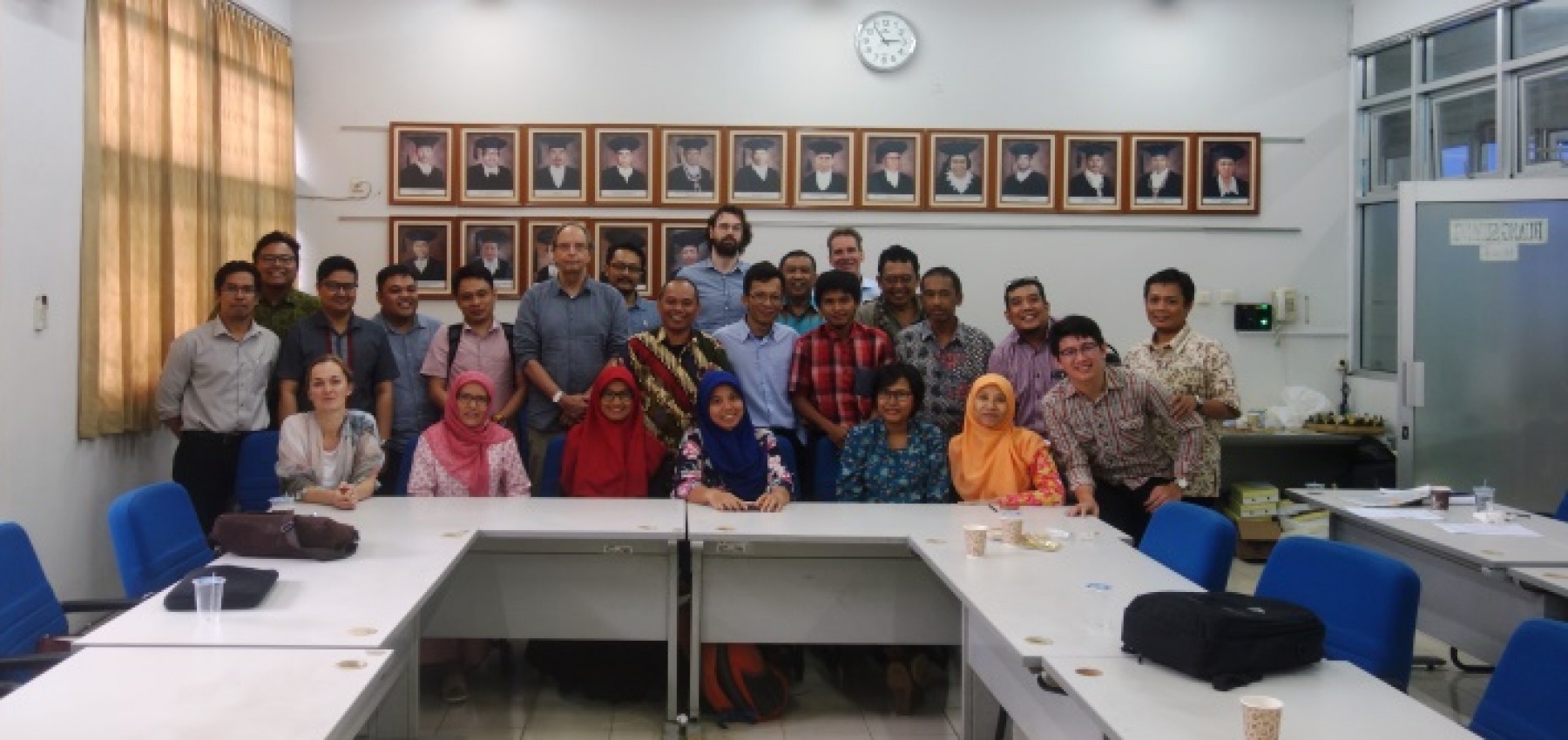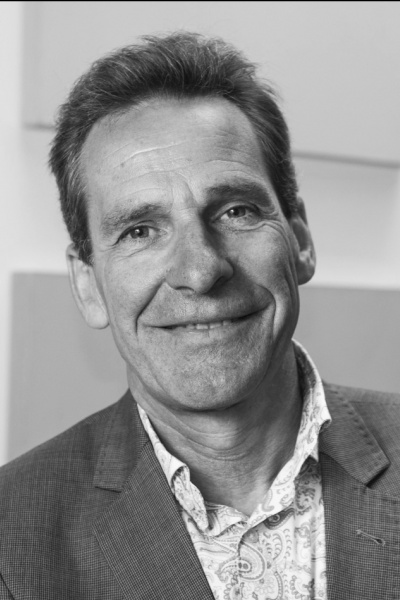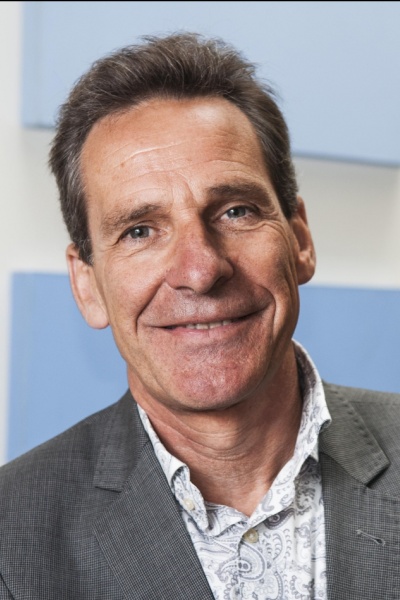By Gert Oostindie
Are we talking ‘Revolution’ or ‘Decolonization’? Where can these perspectives meet? The Universitas Gadjah Mada’s Department of History in Yogyakarta hosted a two-day workshop to discuss these questions. Gert Oostindie notes his personal impressions.
Two projects in the KITLV-NIMH-NIOD research program ‘Decolonization, violence and war in Indonesia, 1945-1950’ - Bersiap and Regional studies - are joint Indonesian-Dutch efforts. On the Indonesian side, these projects are coordinated by the Department of History at the Universitas Gadjah Mada (UGM). KITLV in Leiden is responsible for the Dutch side. The choice for UGM was an obvious one. Historians from both institutes have a long tradition of cooperation. After several preliminary exchanges, UGM hosted the workshop ‘Proklamasi, Kemerdekaan, Revolusi dan Perang di Indonesia’ (‘Proclamation, Independence, Revolution and War in Indonesia’) on November 28 and 29. The aim was to discuss how to proceed. The UGM team leaders, Bambang Purwanto and Abdul Wahid, had selected 17 historians from across the country to participate in this event, and possibly in the research program. Attending from Leiden were Henk Schulte Nordholt, Ireen Hoogenboom, Roel Frakking and myself.
We all know that Indonesian and Dutch perspectives on the 1945-1949 period tend to be at odds. Dutch debates depart from the concept of ‘decolonization’. They have focused on questions such as the legitimacy of the war and the way the Dutch fought it. Dutch perspectives have shifted considerably over the past decades. The Dutch government has designated the war itself as an effort ‘on the wrong side of history’. It is increasingly accepted in the Netherlands that mass violence and war crimes were not exceptional, but rather an integral part of Dutch warfare. The KITLV-NIMH-NIOD research program attempts to analyse both the context and outcomes of Dutch military action in Indonesia.
While our Indonesian colleagues follow such research with interest, their own priorities lie elsewhere. As Professor Bambang Purwanto told our Dutch research team during an informal class in Leiden a few weeks ago, the very concept of ‘decolonization’ seems less relevant from an Indonesian point of view. For them, sovereignty, and hence decolonization, was already a fact on August 17, 1945. Their central concern is simply how the Indonesian Revolution proceeded from there. In one workshop discussion on how the Dutch handle their responsibility for mass violence in these years, a young Indonesian historian remarked: ‘We look at this period from an entirely different perspective. For us, the Revolution is primarily a positive period, one of construction, of building our nation’.
Of course, we were already aware of these differences in points of view. But these two days of intense discussions reminded us how challenging it is to bring them into a fruitful conversation with each other. Comments on the outlines of the program as devised in the Netherlands were expressed without restraint and in all openness. Our Indonesian partners brought to the table a wide range of specific subjects for research. As our discussions developed, we all grew excited about the opportunities this joint Indonesian-Dutch program will offer to us all. We could not help wondering (once more!) why it has taken so long for such joint endeavours to materialize.



